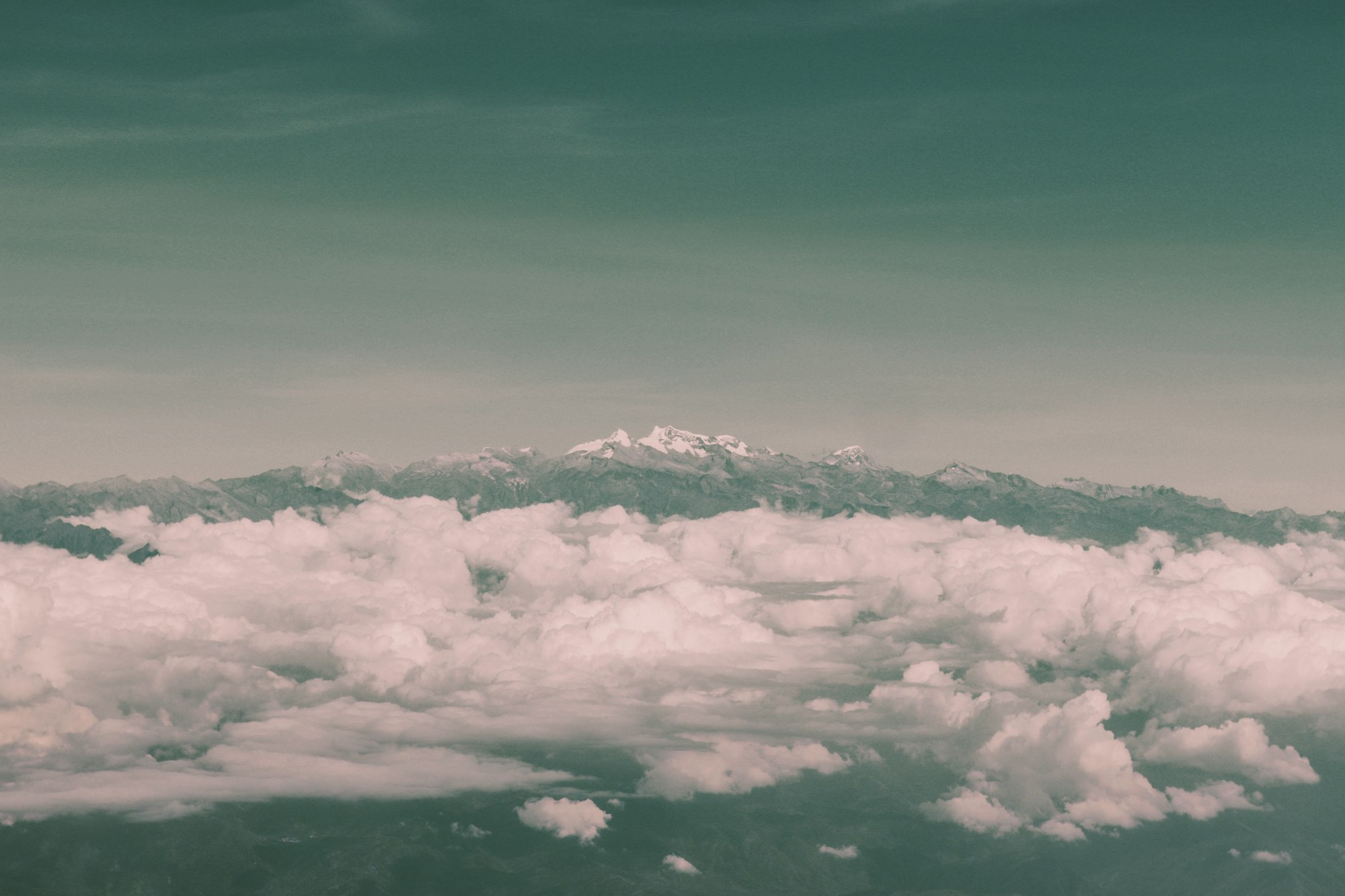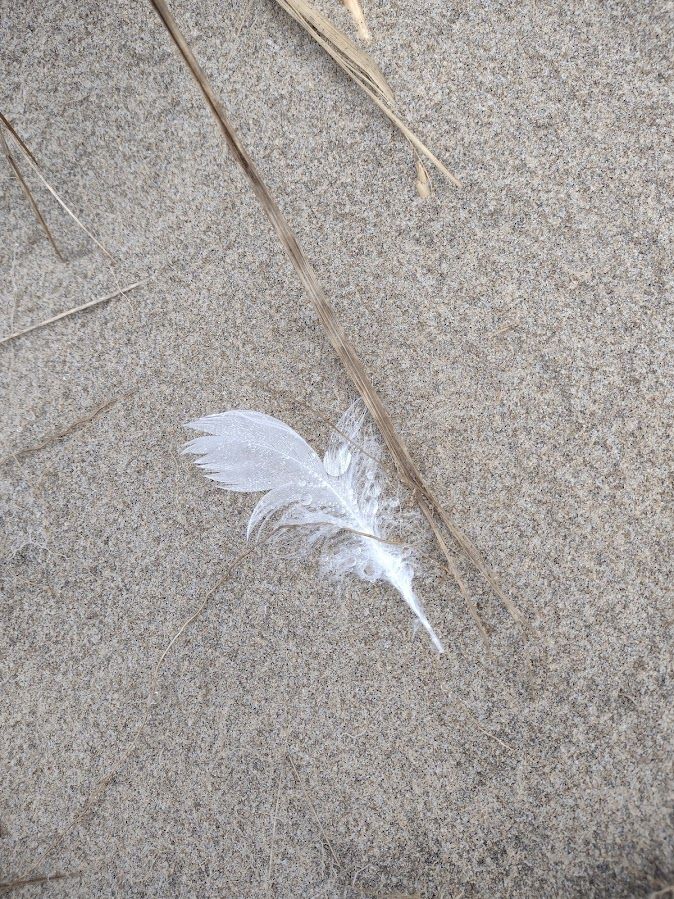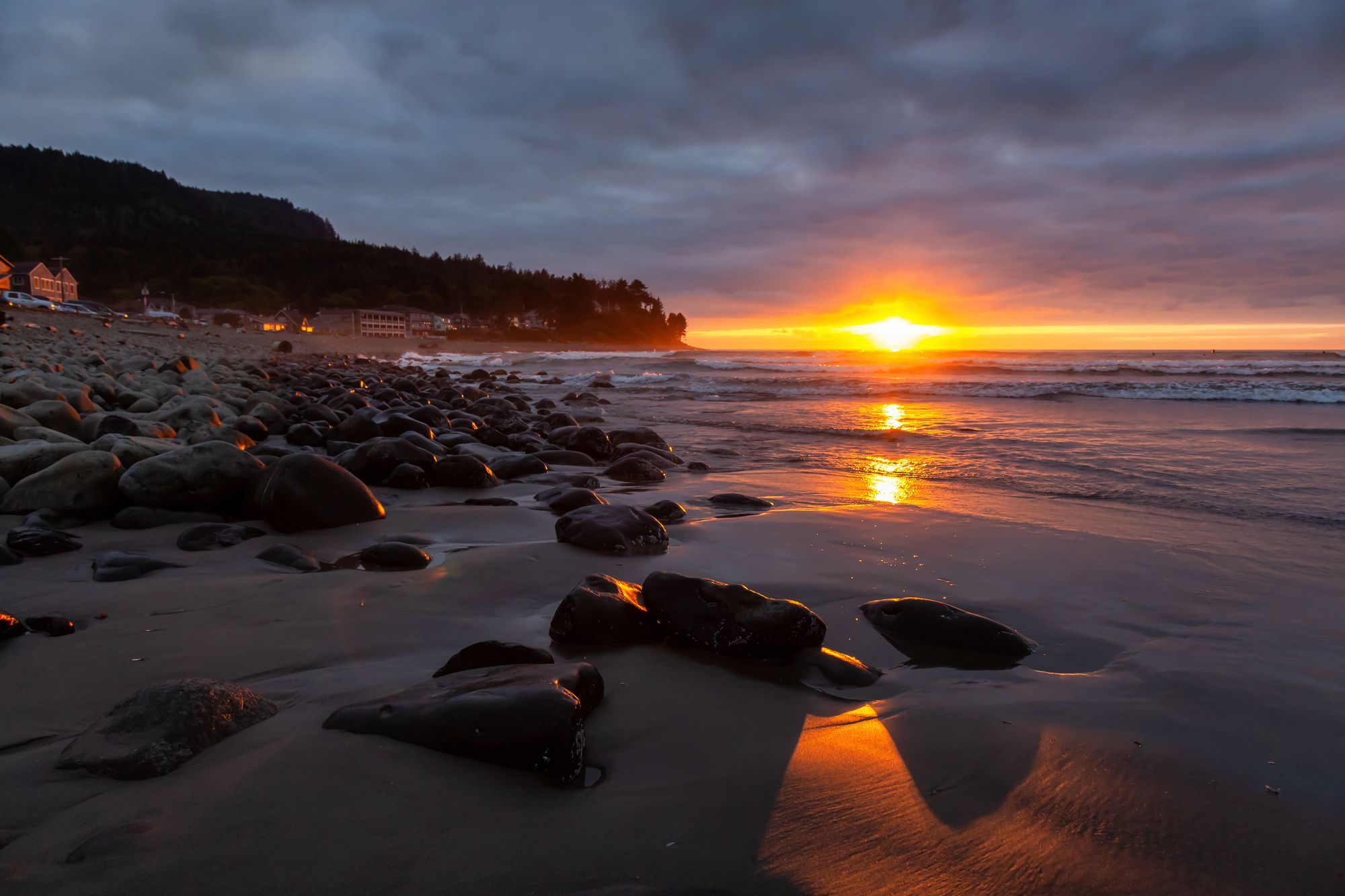
How miracles can and do happen: a return to Nalini's story about her stroke
Dear Reader: Saga Supporter Nalini McNab had sent me three articles upon my request for her input to your asks around later in life health and wellness. Part of the importance of this is to understand how vulnerable we all are as we age, life being life, and the terrific importance of working on our health and fitness so that, say an IF becomes a WHEN, we are prepared. Nalini was.
Since not everyone is a Medium reader, I have copied and pasted her first article in its entirety with very minor edits. It's worth the full read:
I have told this story to my students, to a researcher who was writing her Master’s thesis on the effects of stroke on the brain, physiology and consciousness, and to two very close friends who really wanted to know.
As often happens when we live many lives in one lifetime, things fell apart. In that all-encompassing way that ought to mean it is a once-in-a-lifetime challenge, morph-in-place and odyssey into mastery. It was that, and so much more… and this was the endgame, after a bankruptcy (not due to fiscal negligence) a longtime relationship ending (because it had been time for a long time) and being faced with what was, for me, the last straw. But that is all another story.
This one begins in the High Sierra, at 9000 feet, an altitude which I know and whose alpine climate I truly love. I had been visiting there for 20 years. I finally took steps to live where I had spent time dreaming. My roommate wanted to move from our little rental house. Well, the water heater had just caught on fire while we were out for a hike and had we not come home when we did the house would have gone up. Minor things, you know.
We went to look at this huge house, 5 bedrooms, as many bathrooms, all built kind of Weasley-ish, like The Burrow from the Harry Potter books, up the side of a hill, with steep winding stairs indoors, a huge game room on the ground floor that reeked of stale beer and cigarettes and would have taken months to get fresh… and a top floor great room with truly amazing mountain vistas.
I was standing in that room as my roommate waxed rhapsodic about how much money we could make from my teaching in this house, how we could “pack ’em in” and do retreats, etc. Basically how others would benefit from the incredible amount of work it would have taken to get that house in any kind of order, all views aside, and from the infinite that flows through my awareness. Hmmm.
As I stood in that upper floor thinking variations on NFW, this is too much, I began to be extremely dizzy. Not such a big concern at altitude. You sit down for a minute, hydrate, breathe… hydrate… breathe… and go on about your business. I had forgotten my water bottle. A primer kind of thing. Oops. Idiot. So I offered that we’d seen enough of this monstrosity, thanks, and needed to get back. Mammoth Lakes is so small that driving from one end to the other is literally a two-mile, and probably less than that in minutes, journey.
I couldn’t stay outside to let my dog do her thing, so I went indoors for some water. I found I was so dizzy that I had to crawl up the stairs to the living room and the sofa. I reached for my cold tea that had been left on the coffee table and my left hand wasn’t working properly. I used my right to support it to get some liquids into my system.
I have been athletic all my life, always very healthy, strong, and so was thinking “I just need some water and to rest for a minute. It’s just altitude. I was stupid to forget my water bottle.” At that moment things got a little fuzzy. Or maybe a lot.
My roommate was suddenly in the room and I couldn’t recall how that had happened. She was saying things like “What’s wrong? Do you need to go to emergency?” I answered, probably quite tersely, “I’m fine! Just dehydrated is all.” She sat down at her desk, a bit miffed, and asked what the password was for a new website I was helping her to design.
I couldn’t remember. I have, or used to have, a photographic memory. That was odd. When I came up blank, she looked up… and dialed 911. My left eye had drifted completely to one side and my whole left side had gone slack. I was still thinking “I’m fine. What’s going on?” when the EMT guys arrived.
Mammoth Lakes is a tiny town, and the fire department, volunteer and otherwise, rarely have anything to do unless there is a bona fide forest fire or a climber has gone missing. Imagine my confusion when something like 20 EMT guys are suddenly swarming the house from every possible entry, including the raised back deck!
The ambulance guys sat on the coffee table. Alan and Kevin. Why I remember their names I don’t know, except that they asked me later when I was being asked to remember things. (It might have been Dave and Kevin) One asked obvious and irritating things like if I knew what my name was and what day it was and where I was. One said he was going to put a tube in my arm. Oh joy. I have diving veins so I was thrilled. Did I mention I hate needles?
So there was an IV in my arm, and the guys were saying they had to put me in a chair to get me down the angled, gambrel-house stairs, and it might bump a little. I admit to having been further irritated. Not my best ‘patient’ day in any sense of the word. I remember being loaded onto the gurney and the gurney going into the van. Then… nothing.
As mentioned, the drive all the way across town to what is, luckily for me, an Olympic class hospital facility, only 2 miles. What I didn’t know and had no memory of for a long while was that the ambulance stopped at the side of the road. They only do that when the patient’s heart stops. Mine did. For a couple of minutes or maybe a few. I don’t remember. What I do remember is being wheeled into the hospital and the ER with no memory of how I got there. Then things got really fuzzy.
It took three nurses to put a stent in my left hand, with me gripping my roommate’s hand with the other one and trying to shout at them that it HURT and why did they need that anyway when I was fine? They got the port in and I lay there with my left hand propped on my left shoulder because it didn’t hurt so much that way, wondering WTF? Why can’t I move my left arm, and why can’t anyone understand me?
I learned later that, as happens with any kind of a stroke, the power of coherent speech leaves you. I remember being shown an x-ray of some kind and asked what I wanted to do. When nothing makes sense, that is actually a ridiculous question. But I did know.
What I had just had explained to me and could not process with my newly shocked brain was that there was a clot in one of the veins at the back of my head and it had caused a stroke. The hospital had the drug to dissolve the clot but not the equipment to monitor me once it had been administered, so they wanted to send me by helicopter to the nearest facility that had that equipment, but were of the professional opinion that the flight had a 65% chance of killing me, as the increase and decrease in altitude and pressure would probably move the clot and cause a bleed.
What I said to my roommate was “Let the Divine decide.” There are years of training and story behind that level of trust and yet it still makes me smile that that was my answer. I asked her to put her hands on my head. I still don’t know why. What happened was a blinding flash of blue-white light. She jumped back in shock. Unharmed but visibly shaken. The ER nurses also started and stared. I lost consciousness, for how long I don’t know. It’s probably in the file somewhere. Along with the big stamp on the main page that reads “Medical Miracle”.
A few hours later, they did another CT-scan. The clot had disappeared. Completely. I was moved to a hospital room and set up with monitors of every annoying kind.
They gave me a lot of Ambien, so I would sleep. My body was afraid to lose consciousness again so, all dosage aside, I lay semi-recumbent in the hospital bed for many hours with one eye burrowed into the pillow so I would only see double instead of triple. My eyes and the visual cortex of my brain had stopped cooperating so I was receiving the separate images instead of an integrated whole. That lasted for several months, forcing me to re-configure my life and work.
But to continue, I finally fell asleep around 4AM after the new shift nurse checked in on me. I woke up about an hour later with a full bladder and shifted myself around, stood up very shakily and escorted my IV cart into the toilet with me, bouncing off the walls and furniture, as I had no balance to speak of. All I had to do, for months, was to even think ‘left’ and I would fall down. Literally. I fell out of chairs, fell in the shower… but to continue… the nurse came charging into the room just as I was getting myself back into bed.
I asked her if I the monitors had shown that I was awake. She said “Well, you popped a lead so we thought we’d check, then we looked at the monitor and you were gone.” “I went to the loo” I answered. “You what?” I went to the bathroom. Any adult can do that for themselves, I thought, completely ignoring the fact that I had bounced off the bed, the chair next to the wall, the walls of the toilet, which was thankfully small, and had managed to not miss the toilet seat by inches. The nurse started to laugh, saying “… and you’re making sense!”.
Within an hour the ER surgeon who had been on call the day before, the neurologist and the attending physician were standing over my bed. In the meanwhile I had asked the nurse for some tea. When she brought it, I reached for the sippee cup with my left hand (the one with the stent in it that had been completely dysfunctional not 24 hours prior) took a drink and removed the straw. She stood there with her mouth open and phoned them to hurry. I didn’t know that until later either.
I was given another CT scan, no clot in evidence, and poked and prodded until, grinning, all three doctors shook their heads and told me that, if my roommate could administer blood thinning injections, I could be released. I had been in hospital 30 hours. Each doctor used the word ‘mystified’ in a separate room and a different context. When the attending told me I could be released but that “we will have to see what you’re left with” I shouted at him (actually a whisper but it felt like shouting) “Don’t speak like that in front of my body!” The neurologist doubled up laughing and left the room. (He turned out to be pretty cool.) (Author: I laughed out loud at this one)
It took weeks before I could read again or walk properly and months before I could drive… which, it being a mountain town with little traffic, I did before the doctors recommended it. I remember holding my breath while in a left turn lane willing my body to remember that it had been driving a car for decades and knew how to do this without ‘falling over’. I made it around that corner and many others like it without damaging myself or anyone else.
I walked my dog… counting every breath and every step. Only 20 days after the event. The physical therapist at the hospital had shaken her head at me… “you obviously know what to do”. But I didn’t. Mentally I had no idea. I knew I needed to exercise my body to get my balance back. Only someone who has come back from any kind of severe physical injury knows the perseverance that takes. The frustration when your whole life has been spent being the most fit and capable you can be and you have to start from square one with zero stamina and your skills having left you.
I knew that I could do eye exercises that the doctors hadn’t prescribed, from Jacob Liberman’s Open Your Eyes and See. I knew that the appropriate data files existed in my brain and that it was only the access paths that had been damaged no matter what anyone else, including the doctors, told me. Some of that I knew because I had read these things, or practiced them. Most of each day was lived intuitively and, for awhile, present in more than one reality. The reality of waking to find my body not functional and the reality of knowing that it was and would be.
I returned to ‘work’ propped up in bed on a mountain of pillows because the back of my head was so sensitive I couldn’t bear to have even my hair touched at all. I laid the headset next to my ear on the pillows, or someone clamped it or something, and taught my class via teleconference. That was 7 days after. I’ve been asked, not only how I did that but why I did that to myself. I felt I had to. I knew what I could do.
Eight months after the stroke I drove two days across the country to house-sit for a friend for awhile. I don’t know how I did that either… except that I do.
Eight years later, similar to the story told by Jill Bolte Taylor in My Stroke of Insight, my body is healed. I am strong again. But I have been functional since minute one. I knew what could be accomplished through me. I had no doubts. I knew. What I did was give in. To what moves through us all.
I remember the moment, five years after the stroke, when I went to a concert at Red Rocks with a friend. None of my friends really knew the extent of what happened because I put my typical stoic, brave face on all of it. When it took me twice the usual time to hike the hill at Red Rocks, stopping every few steps, my friend who knew the ‘old me’ began to look worried. When I told her I had shooting pains in my head she began to look a little panicked. She isn’t one to panic. So I drank from her water bottle because I hadn’t been able to carry mine… and enjoyed the concert.
Afterwards, after a slow climb down the stairs (that really ought to have a railing) we got into the car to wait for the traffic to die down before heading out of the sold-out lot. I began to weep. For the first time in the whole process. Actual crocodile tears. “Are you okay?” she asked, putting her hand on my shoulder. “I just realized that part of me had settled for believing that I would never be able to do anything like this again. Part of me actually thought that.” “But you can and you did” she answered, hers tears mirroring my own.
Maybe none of us knows what we can do, of what we are capable until we do it. Or maybe, within our connection to all that is within us, we do.
I haven’t wanted to tell this story ‘in public’ before. There are lots more pieces… the gritty ones… the inspiring ones… the part where my support systems abandoned me and new ones took their places. The angels that showed up along the way. Thank you for hearing it. It feels as though it finally found its place. (Author bolded for emphasis)

***
There are several takeaways for me from Nalini's story:
- When we do the work, the work supports us
- The importance of trust
- The importance of angels and letting them do what they showed up to do
- We can't know what we can do until we are called upon to do it.
- We must listen to the wisdom that bubbles up from within. And, our resistance, so often based on ego, is a fine reminder that it's time to receive.
Much of what she wrote here resonated with me at multiple levels. What did you hear, see, feel when you read this?
I'd be most interested in what you came away with. She sent me two more, please stay tuned.

Dear Walkabout Saga Reader:
If my work appeals to you, may I kindly invite you to consider joining those Patreon supporters whose generosity keeps the gas in my tank as it were. Those supporters get to dictate my content calendar, we engage as a community, and this website and its content acts in service to our collective best selves.
You can explore that option here.
However you decide to partake of my writing, thank you.
Comments powered by Talkyard.